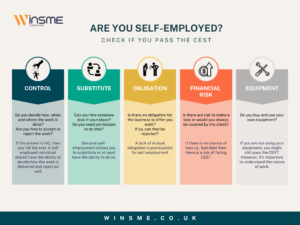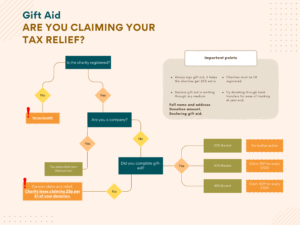Client: NHS Consultant
Income: £140,000
Tax Plan: Invest £105,000 into Self-Invested Personal Pensions (SIPPs)
Carry Forward Allowance: £80,000 from previous years + £40,000 for the current year
Background
An NHS consultant earning £140,000 approached us for tax planning advice. Given the high income, the consultant was subject to a 60% marginal tax rate on income between £100,000 and £125,140 due to the gradual reduction of the Personal Allowance. Our goal was to reduce the taxable income and optimize tax savings.
Tax Calculation Without the Tax Plan
- Personal Allowance: £12,570 (reduced to £0 due to income over £125,140)
- Taxable Income: £140,000
Tax Calculation:
- Basic Rate (20%): £37,700 at 20% = £7,540
- Higher Rate (40%): £50,270 – £37,700 = £12,570 at 40% = £5,028
- Higher Rate (40%): £100,000 – £50,270 = £49,730 at 40% = £19,892
- Additional Rate (45%): £140,000 – £100,000 = £40,000 at 45% = £18,000
Total Tax Without Plan: £7,540 + £5,028 + £19,892 + £18,000 = £50,460
Tax Plan Implementation
We advised the consultant to invest £105,000 into SIPPs, utilizing the carry forward allowance of £80,000 from previous years and £40,000 for the current year.
Tax Calculation With the Tax Plan
The taxable income stays £140,000 but now they can claim 20% higher rate relief through self-assessment.
When investing in SIPPs, the NHS consultant benefits from tax relief added by HMRC. For every £1 invested, HMRC adds 20% tax relief directly into the pension. For higher and additional rate taxpayers, they can claim back an additional 20% or 25% through their tax return.
Tax Relief Calculation:
- Basic Rate Relief (20%): £105,000 * 20% = £21,000 (added by HMRC)
- Higher Rate Relief (20%): £105,000 * 20% = £21,000 (claimed back through tax return)
Total Tax Relief: £21,000 (added by HMRC) + £21,000 (claimed back) = £42,000
Risks of Following Tax Plans Without Professional Advice
While tax planning can offer significant benefits, there are risks involved in following such plans without professional advice:
- Compliance Issues: Tax laws and regulations are complex and subject to change. Without professional advice, there’s a risk of non-compliance, which can lead to penalties and interest charges.
- Misunderstanding Allowances: Misinterpreting the rules around carry forward allowances and contribution limits can result in unexpected tax liabilities.
- Investment Risks: SIPPs involve investment choices that carry their own risks. Without professional guidance, there’s a risk of making poor investment decisions that could affect the value of the pension.
- Overlooking Opportunities: A professional advisor can help identify additional tax-saving opportunities and ensure that all available allowances and reliefs are utilized effectively.
- Personal Circumstances: Individual financial situations can be complex, and a one-size-fits-all approach may not be suitable. Professional advice ensures that tax plans are tailored to personal circumstances and long-term financial goals.
Summary
By implementing the tax plan and investing £105,000 into SIPPs, the NHS consultant was able to achieve a total tax saving of £22,000. Additionally, they received £20,000 in tax relief from HMRC, resulting in a total benefit of £42,000. However, it is crucial to seek professional advice to navigate the complexities of tax planning and avoid potential risks.









